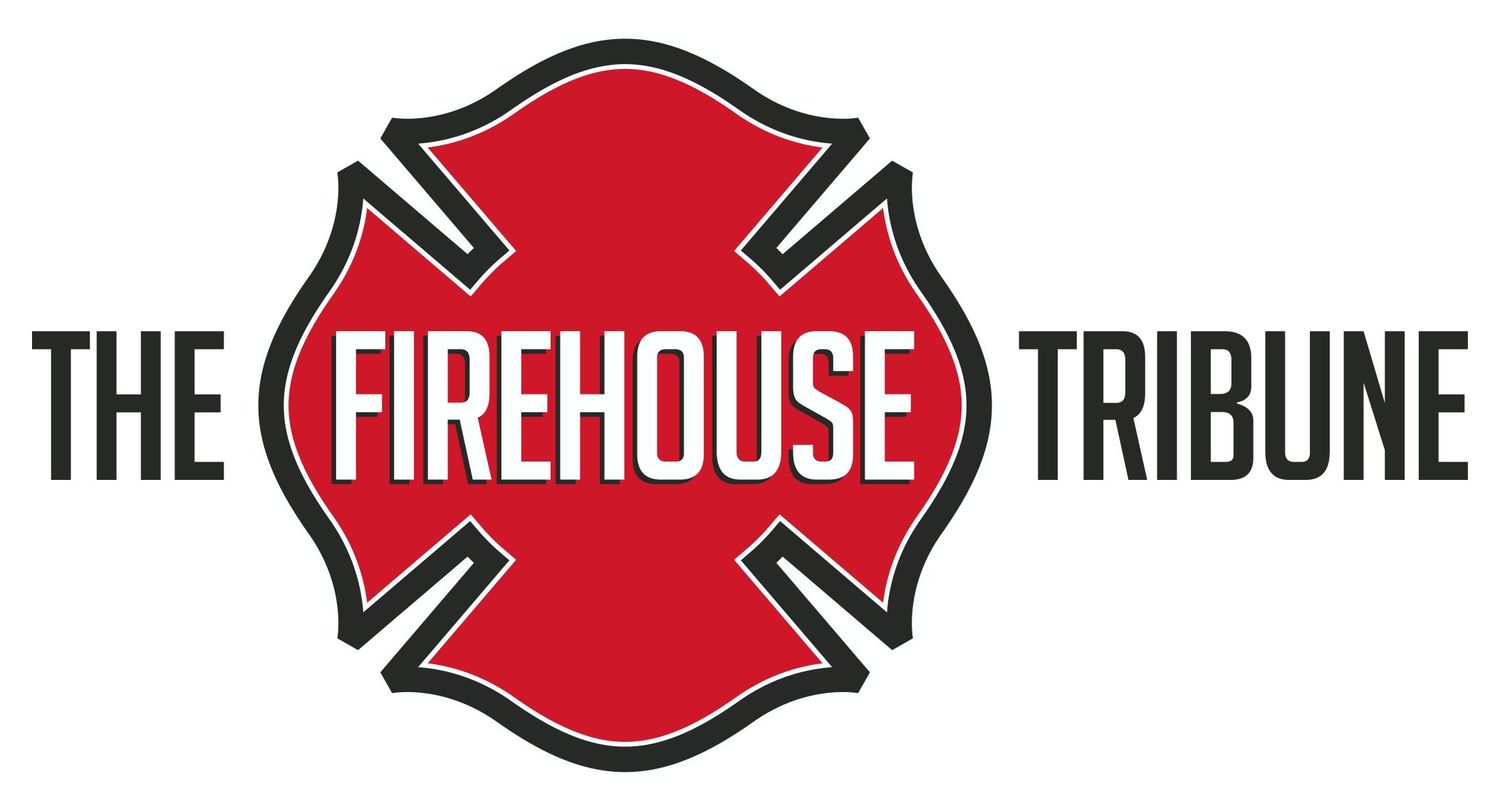Burnout: Taking Care of Your Crew
Often perceived as machines or "super-humans," firefighters can always answer the call 24/7. Everyone always expects firefighters to be there but seldom thinks about the toll it may take on the firefighters. Short staffing, hectic schedules, and specific incidents all contribute to burnout. Sometimes as an officer, you must ensure your crew is at its best.
As the fire service leader, it's essential to notice when members of your crew or department are dealing with burnout.
The typical symptoms of burnout include:
A negative attitude toward others.
A lack of engagement within the workplace.
Exhaustion.
So what exactly should you be looking for? Poor nutrition, loss of interest in the job, and lack of sleep are some of the most common signs of burnout. Another sign to look for would be the job performance of an individual. Firefighters are generally good at hiding feelings, with the fear of being labeled as not "tough enough" for the job. An example is a firefighter who usually works well as a team but starts freelancing and disobeying direct orders. Burnout affects the firefighter not only physically but mentally. In the mental capacity, it may cause cloudiness to your judgment, which could lead to injury or death for not only the individual but the crew and or civilians.
You're the officer in charge, and it is your job to ensure your firefighters remain safe both on the scene and in the firehouse. If you notice one of your crew members is going through burnout, there are ways to help. Most importantly, talk to them! As the officer, pull them aside and explain that you’re seeing a change in them. Whether it be on a personal level or on the training ground. It’s also important to let them know they're human, and feeling burnt out is ok. One downside to this is that crew members may not be receptive to a conversation like this. It can be an uncomfortable conversation to have. During this conversation the person may shut down and almost feel as if they’re being singled out. As mentioned earlier, firefighters rarely speak up for fear of criticism. During this conversation, suggest ways to cope with burnout. Some examples may be:
Writing.
Cooking.
Prioritizing sleep.
Creating a fitness schedule.
Among the easiest ways is to take advantage of their time off. Take a vacation, turn their phone off, and shut down from the fire service world for a few days. Doing this will allow the firefighter to reset. After all, how can we expect our firefighters to always bring their A-game if they're not in the right frame of mind?
In the United States, 88.2% of the fire service are male. You're probably saying, "Everyone knows that" It's evident if you look at any firehouse in America. However, what's not known is that approximately 84 men a week will take their own life. 75% of all suicides are male. These statistics include more than just firefighters or first responders. However, according to the National Fallen Firefighters Foundation, the number of firefighter suicides falls between 100 & 200 annually. This proves that the "macho man" mentality of firefighters and men increases due to males not usually reaching out for assistance. Regardless, having a crew member speak up about needing help will always be challenging.
This doesn't mean you can't help in other ways. Most firehouses I've visited have bulletin boards typically filled with information for training and upcoming events. Someone may be more inclined to utilize the info if the rest of the firehouse won't know. Training boards can be a great place in the firehouse to post different foundations and hotline numbers for firefighters seeking help.
With hectic schedules, budget cuts that reduce staffing, and the overall amount of incidents firefighters are responding to, it's more than likely as an officer; you will encounter a firefighter going through burnout. So as you move up the ranks, make sure you're looking out for yourself and your crew. Below are a few links to different organizations where you can find help or gather more information regarding burnout.
Work Hard - Stay Safe - Live Inspired
https://www.usfa.fema.gov/blog/ig-051922.html
https://www.codegreencampaign.org/resources/
https://www.5-alarmtaskforcecorp.org/

